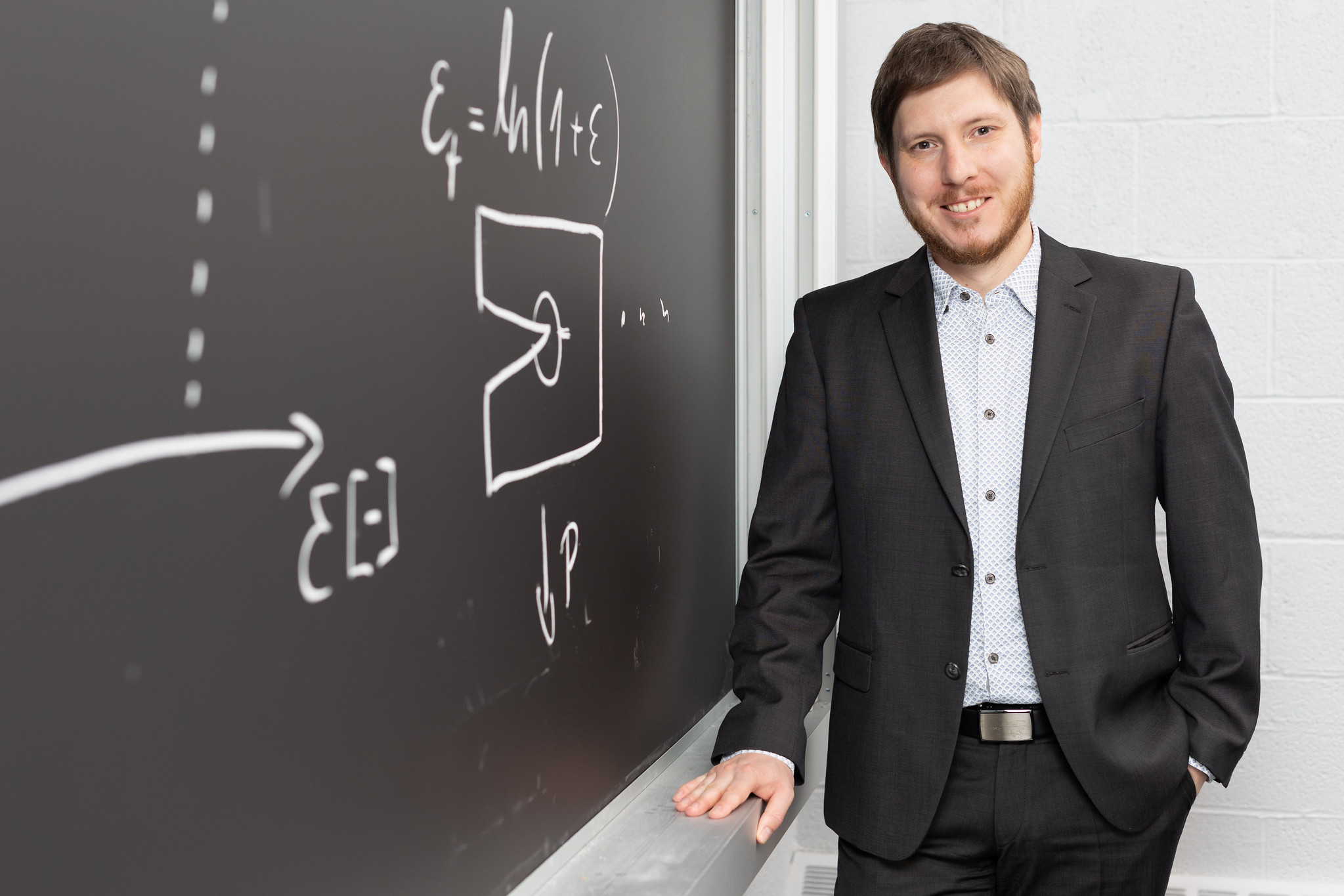Philipp Seiler recently joined the University of Toronto Institute for Aerospace Studies (UTIAS) as an assistant professor. He brings an expertise in ultra-lightweight structures and high-temperature materials for turbines and rocket engines.
After studying mechatronics at the Technische Universität Braunschweig, Seiler pursued a PhD and developed thermal barrier coating systems for gas turbines at the same institution. Upon completing his post-doctoral research at Purdue University, he became a research associate at Cambridge University, where he developed novel multiphase lattice materials. He also taught courses in mechatronics and manufacturing for the University of Kent.
Writer Jennifer Li caught up with Seiler to learn about his teaching philosophy, his goals as an educator and the ways he hopes to empower students in the classroom.
Can you share your approach to teaching?
I believe that a good lecture should be an active discussion between the instructor and students. I enjoy using methods from inquiry-based learning, encouraging students to ask questions and engage in group discussions.
During lectures, I embrace intellectual detours by students to promote critical thinking skills and encourage learning through reflection. In terms of student assessment and feedback, I believe that this is an integral part of the learning experience. I would like to include formative assessment methods, giving my students opportunities to act upon my feedback and learn from their mistakes.
What excites you most about joining UTIAS?
I am excited to start teaching undergraduate and graduate courses, design my own courses at UTIAS, and be part of the wider academic community at the University of Toronto. My background is in aerospace materials and structures. I’m very much looking forward to adding my areas of expertise to the portfolio of the Institute and learning more about the research topics of my new colleagues.
What do you hope that students will take away from your classes?
I hope that my students can add new skills and abilities to their personal toolbox, which will assist them in their future work. In addition, I would like to enhance students’ technical problem-solving skills, thus enabling them to simplify and solve complex problems.
What is your goal as an educator in the next few years?
In the next few years, I would like to establish new graduate courses on ultra-lightweight structures and high-temperature materials for turbines and rocket engines. I would like to integrate novel teaching methods into my lectures and thus, enhance the individual learning experience of students. There is compelling evidence for the use of AI-based language models in higher education, and I would like to aid in the development of courses that embrace the use of these novel tools.
What is something people would be surprised to learn about you?
Growing up in a small town in Germany, I enjoyed the local bread varieties. After I left Germany in 2014, I had to master the craft of baking my own sourdough bread — I have been doing this at least once a week since 2014.




